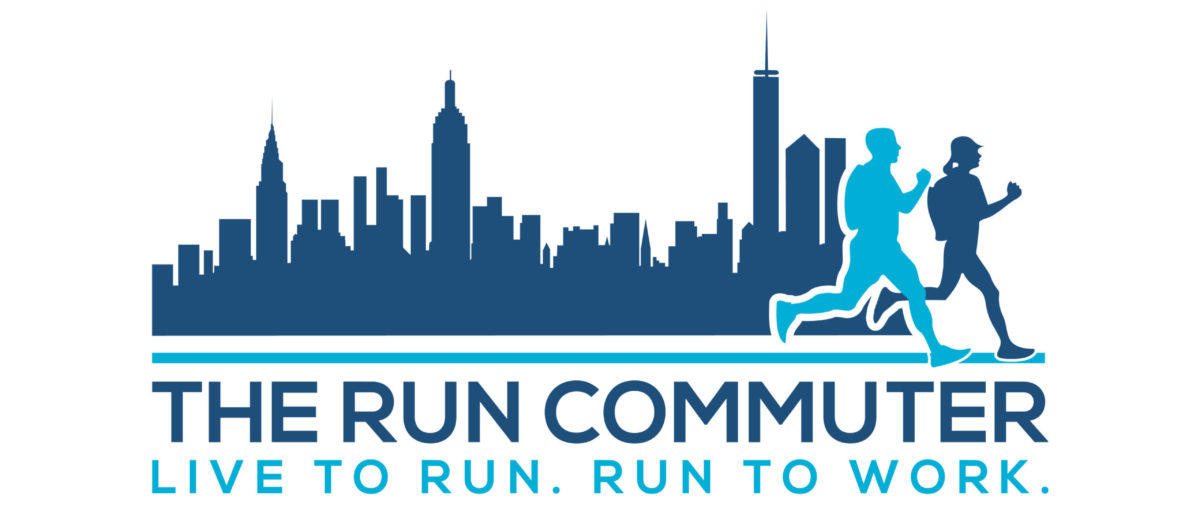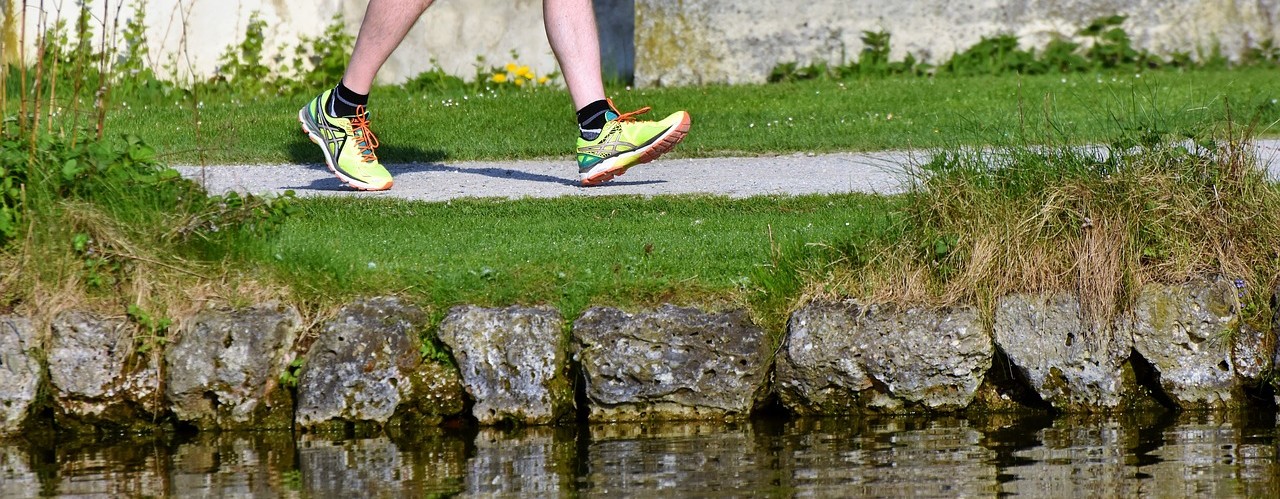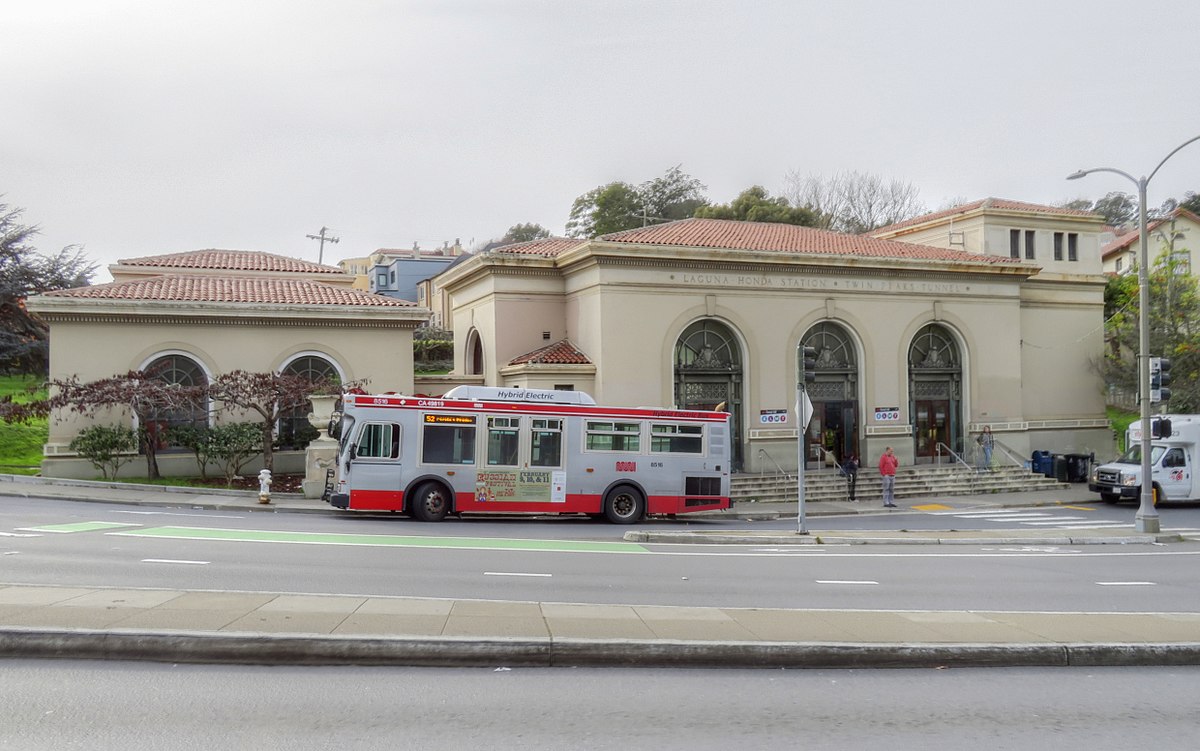Among the best aspects of run commuting is that it is not competitive. Or, more accurately, it is a pure competition: you against you, for the purpose of self-improvement.
My run commute in San Francisco is approximately 4.5 miles, according to multiple outings measured by various devices. My personal record is just under 48 minutes. That depends on traffic lights turning to my advantage. A reasonable goal for me would be 45 minutes. Even that, however, is laughable to the real runners. I regard myself as serious but slow in this avocation, with enough repetition plodding along to establish both my sincerity and my speed. There are bicycles and cars to dodge. There is at least one hill no matter how you map it.
Competition has its place of course. Our system of capitalism depends on our faith in this premise. You improve by playing sports against those better than yourself. The desire to win produces progress. A slacker with inadequate motivation is to be talked to, whether cajoled or reprimanded.
Yet we also try to instill the opposite in children. We instruct them to cooperate. They can be too aggressive, too selfish for the good of society. We encourage them to share, because we acknowledge with varying degrees of enthusiasm that it is for the best. We worry about only children, if they become too accustomed to owning all the toys around them.
I have run with many people. Running is a rare sport. Without altering the rules an iota, it can be enjoyed solo or with company. Among strangers in a race, I succumb to what I believe many of us do. I select somebody in the anonymous crowd as my personal pacer. Unbeknownst to them, I am determined to beat them. They will not pass me.
I once signed up for a half marathon with two work friends. One said to me, “It’s not a race.” Then she corrected herself, “Oh, wait, I guess it is.” I finished in the middle: our other colleague was a ringer; she had run track in high school, a fact she did not disclose in advance. The one who was confused about whether it was a race or not had once done an ultramarathon overseas, but was set back from a recurring injury.
My pace was just between them. As one said goodbye to me, I bid farewell to the other.
My relatives by marriage include a niece who has run a marathon, which is more than I can claim, but who has not done so since bearing children, the eldest now a teenager. When they took a trip to see our new house, I persuaded several family members to run commute with me one morning, and she could barely make it. On the way home — I stayed at work of course — she had trouble climbing up the stairs at the neighborhood subway station (Forest Hill, San Francisco), reputedly the oldest in the American West, deep underground, with multiple sets of steps from the tunnel to the street, so that as you rounded a corner you groaned at the prospect of climbing further. A few years after she returned to running, for which I would like to take credit, which among kin is possible deserved or not (and will receive push-back if too much to assert), she was back to form. On vacations, I could not keep up, even if I started ahead, with my run-walk alternation. Yet it is good to be humbled.
It is a reminder of the reality that for everyone slower, there is somebody else equally faster, with the exception for the winner of the race. There are the multitudes slower than the last finisher of any race. They are slumbering abed as in Henry V’s rallying cry to battle on St. Crispin’s Day. They will regret they did not awake.
My favorite companion in this endeavor is a fellow named Ali. We are about the same age, but he is the most laid back guy I have ever met. He and I have hit the trails. We have done back-to-back races on a single weekend. I am pleased, probably too much so, that I have beat him consistently. On a demanding course in the country, with vertical gain over 3000 feet, I was worried that a mishap had befallen him. While hanging out at the finish line waiting for him to cross, shivering in the rain, I chatted with the organizers. I explained to the guy handing out t-shirts the nature of my relationship with Ali, how I liked him because I was sure I would finish before him.
“What are friends for?” the kid replied with the laugh of sarcasm, endorsing my feeling, as petty as I might be.
The run commute, however, is more purposeful. It is about arriving at the destination within a specific time window. I always have something I need to show up for: a class to teach or a meeting to attend. I need a few minutes to clean up and change into appropriate attire. That goal implies the opposite of what it might. It compels me to transcend competition. There is no victory to the run commute other than to clear the mind. That is a worthwhile aspiration as the opposite of crass ambition. It is all about the experience. The ideal mental zone for the run commute focuses on the run more than the commute. I can imagine I am dedicated to improving myself no less than the world. Thanks to that preparation, my job has meaning.
The run commute instills virtue despite yourself.



Hi Frank,
Great Post ! I’m 7 years now runcommuting 22km round trip to and from work . Qualified and Ran Boston PB.